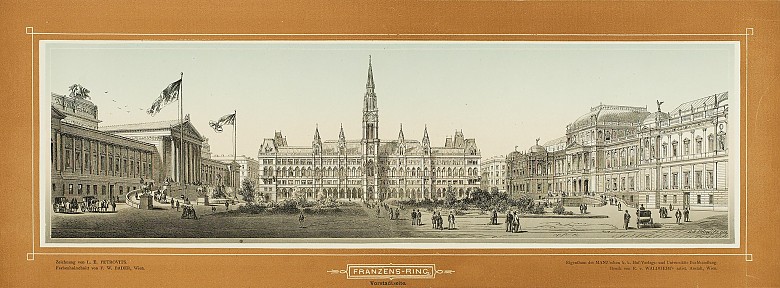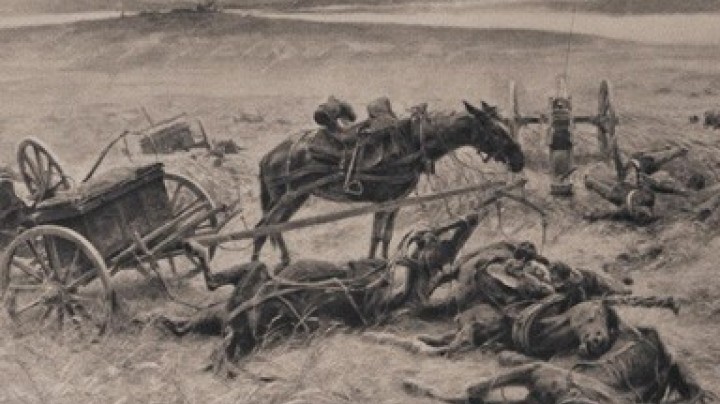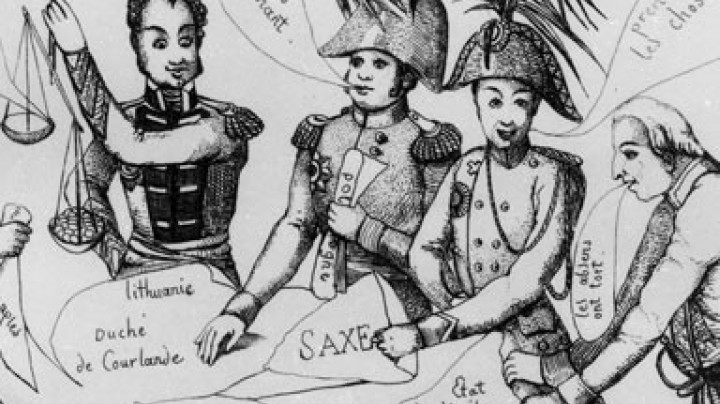How noblemen became ‘Centralists’ and ‘Federalists’…
The dawning of the ‘constitutional era’ brought about a new situation for the nobility in which they were concerned to secure their continued participation in the political process. But differing ideological views divided the nobility into two camps.
The ‘constitutional era’ was ushered in with the October Diploma of 1860. Since this granted only very limited rights to the Imperial Diet it met with resistance. The February Patent of 1861 regulated the legislation between the Emperor and the Imperial Diet. The nobility tried to hang on to their political influence under the new circumstances, and this quickly led to them splitting into two camps, those of the ‘Centralists’ and ‘Federalists’.
The ‘Centralists’ pursued the model of a franchise based on property and education and supported the centralist policies of the monarch, whilst also propagating German-Centralist beliefs. The higher value placed on ‘German culture’ within the Empire was tantamount to the formation of an elite, which discredited all the other nationalities within the Monarchy. In contrast to this, the ‘Federalists’ sought to involve the Crown Lands equally, propagating the Monarchy as a multi-ethnic state. When, in the Frankfurt National Assembly of 18 May 1848, they spoke out against a union of German-speaking countries, they were seen as important allies of the political forces loyal to the Emperor. But the growing national awareness of individual countries – the first national museums and national histories were starting to appear – increasingly promoted nationally oriented politics which pervaded the mass parties that came into being around 1880, the Social Democrats, the Christian Social and German National Parties, and further reduced the influence of the liberal middle-class groups of notables.














